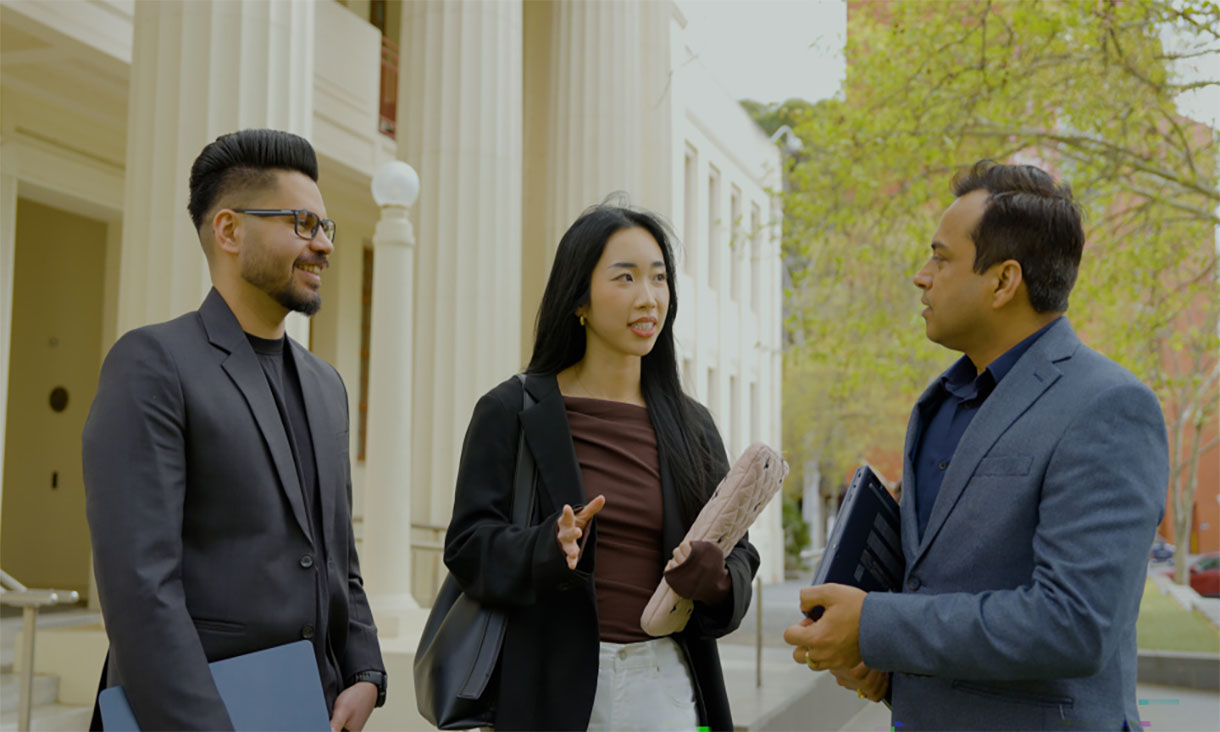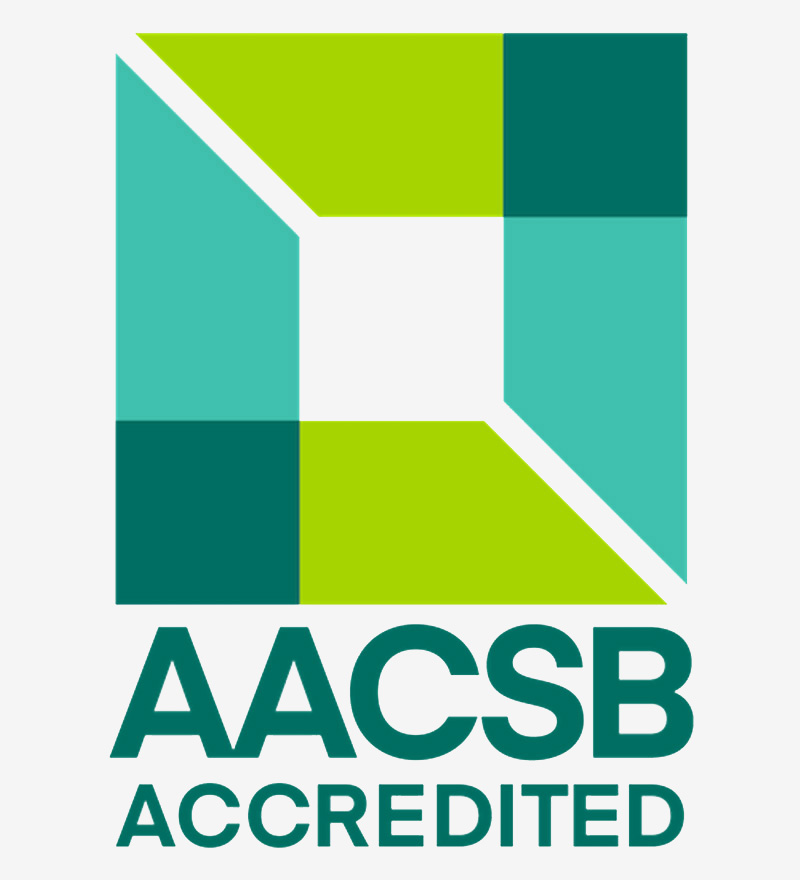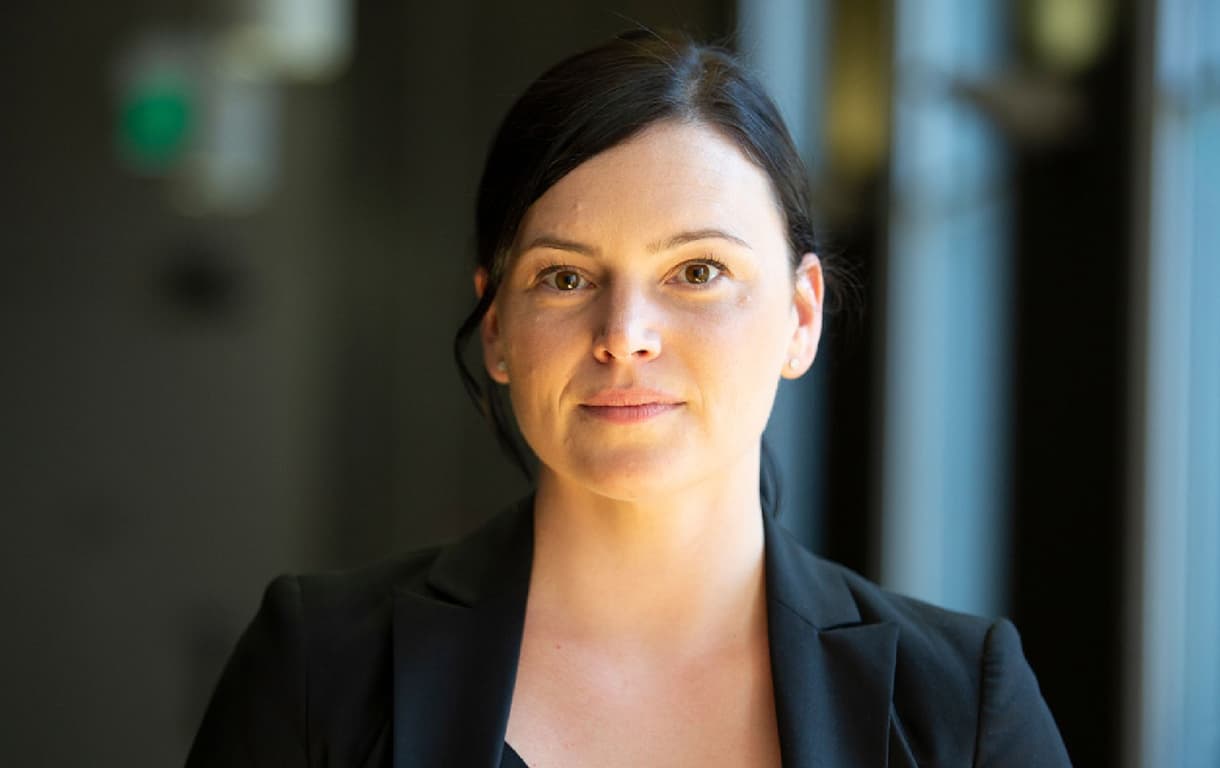Built for executive readiness
This degree emphasises the realities of executive decision-making. You'll study advanced strategies, financial management and global marketing while also tackling areas such as innovation and technology management.
Design thinking and innovation
A distinctive feature is design thinking as a powerful framework for problem-solving and innovation. Through research-based principles and practical methods, you'll learn how to managing complex initiatives and drive team creativity.
Leadership and ethics in practice
Leadership development is central to the Executive MBA experience. Studies in leadership and ethics help you refine your leadership approach and develop the confidence to lead with both vision and integrity.
Specialised minors
The Executive MBA offers 6 specialised minors to enhance your career potential. Choose from Leadership and Technology, Strategic Artificial Intelligence and Business Analytics, Public Policy, Arts Management, Fashion Entrepreneurship, or Health Leadership.







